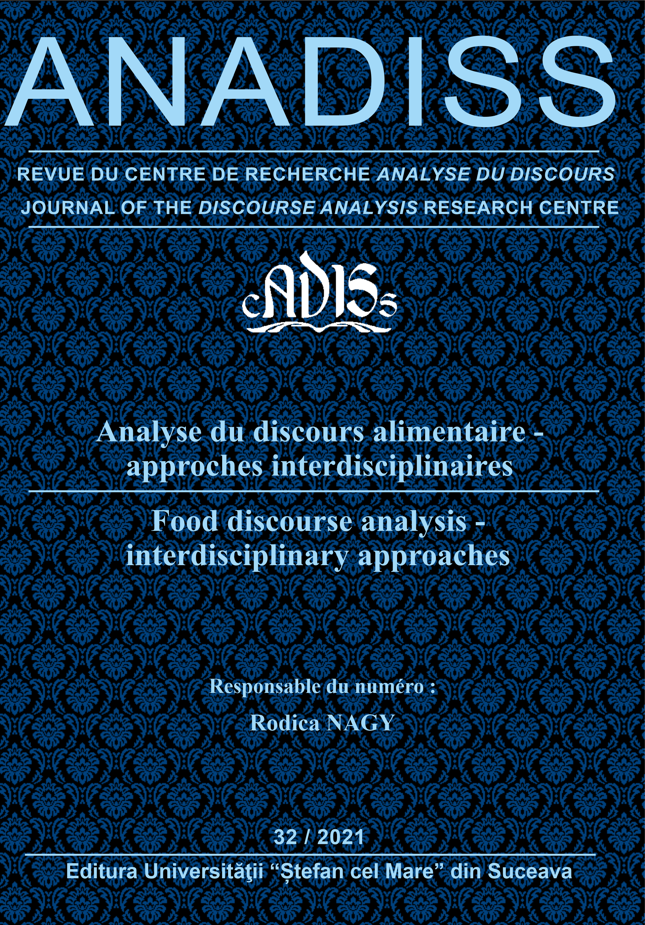« VIANDES IMPURES » ET CULTURES MOUVANTES : DE L’INTERDICTION À « TOUT EST PERMIS »
“UNCLEAN MEAT” AND SHIFTING CULTURES: FROM BAN TO “EVERYTHING IS PERMITTED”
Author(s): Cheikh Mouhamadou Soumoune DiopSubject(s): Language studies, Language and Literature Studies, French Literature
Published by: UNIVERSITATEA »ȘTEFAN CEL MARE« SUCEAVA
Keywords: food taboos; culture; religion; socioeconomic context; freedom; affirmation of identity; tradition; modernity; ritual of life; French novel;
Summary/Abstract: When Massa Makan Diabaté raised, in his novel Le boucher de Kouta (1982), the question of “impure” meat for consumption among the Mandings, he was already underlining a fact: food is one of the elements which paradoxically reconciles and divides the better peoples. Indeed, if spices from the Orient are popular from the four corners of the world, in many countries the culinary tradition (such as the french croissant and the consumption of pork in Spain) recalls the triumph of man over nature and living conditions, the victory of one civilization over another or the domination of an invader over the vanquished. Therefore, it is important to question the gastronomic habits of a community in a context of changing cultures. How far can a “dominated” society preserve its prohibitions or “dietary beliefs”? How to nurture a youth in search of being or self-assertion, a youth in dreams of freedom or aspiring to universal values different from those of their parents? Does the world as it is going to guarantee him the possibility of ordering, for example a halal menu in a McDonald’s, without creating suspicion? How do the young people, particularly muslims, who evolve Comment faire l’amour avec un nègre sans se fatiguer (1985) by Dany Laferrière and in Le Dernier ami (2004) by Tahar Ben Jelloun do they live this in-between situation of the food point of view?
Journal: ANADISS
- Issue Year: 17/2021
- Issue No: 32
- Page Range: 53-61
- Page Count: 8
- Language: French

